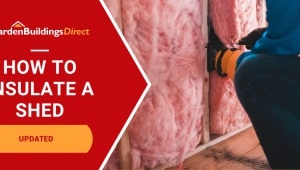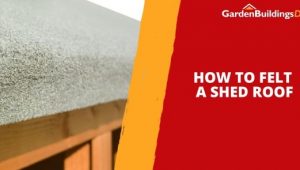Jump to:
Sheds are the go-to choice for storing all sorts of household and garden items. Yet, some of these may be better kept elsewhere. Here’s a quick guide to what to leave out.
Items You Shouldn’t Store in Your Shed
Perishable food
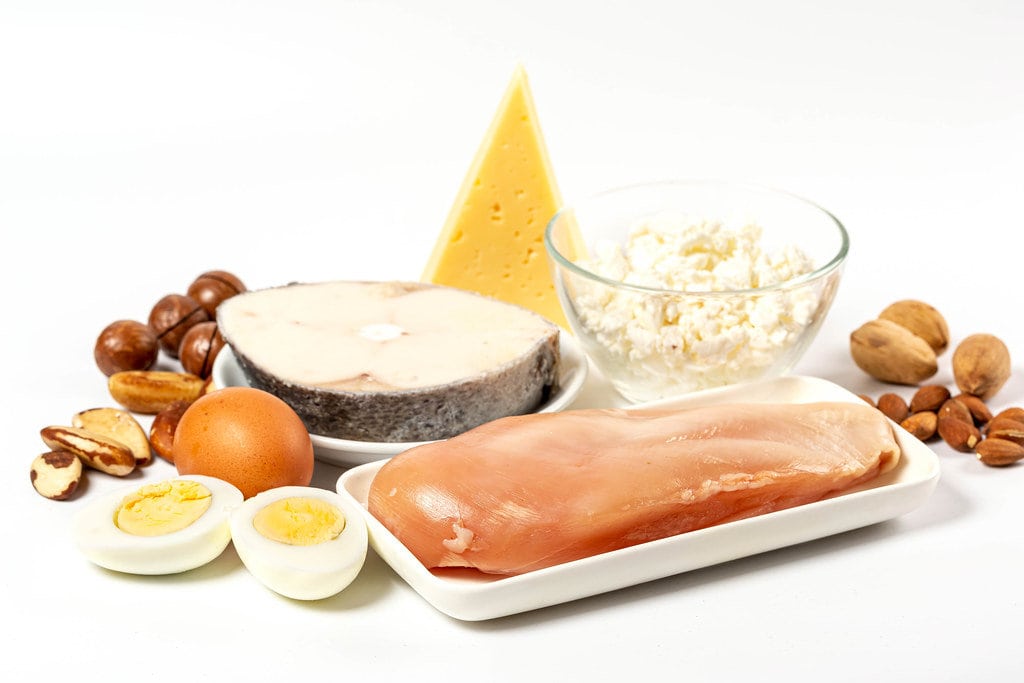
Any food that can spoil, attract pests, or be affected by heat and moisture should be kept inside your home.
Dairy, meat, and eggs need a consistent, cool temperature to stay fresh. Unfortunately, sheds aren’t built like most kitchen cupboards, let alone designed to keep them that way. Worse, this may cause spoilage or bacterial growth.
This also applies to pet food, especially when it comes to open bags or cans. High temperatures can cause fats to go rancid, while humidity can lead to mould or draw in pests.
Your shed is better suited for storing non-perishables, such as canned goods (if needed), among others.
Electronics

Storing computers, TVs, or audio equipment in a shed puts them at serious risk. These devices contain delicate parts that don’t cope well with heat, cold, or damp air.
Circuit boards, screens, and internal wiring, for instance, can corrode, warp, or become damaged due to temperature fluctuations and humidity. Not to mention, moisture, which can end in to short circuits, preventing the device from working.
Even spare or older electronics shouldn’t be stored in a shed unless it’s insulated and ventilated. Best is to place them in a room in your home instead, particularly those gadgets you plan to use again.
Valuables

Environmental exposure and potential theft can put them at risk.
Jewellery may tarnish under heat or moisture. Documents, certificates, and photographs are also vulnerable. They can warp, stick together, fade, or become brittle. This applies to family heirlooms, keepsakes, and valuables not covered by insurance if kept outside.
Don’t treat your shed like a safe; the risk goes up with a plastic shed. Even if it stays locked, it’s not the right place for storing high-value or irreplaceable items.
Flammable materials
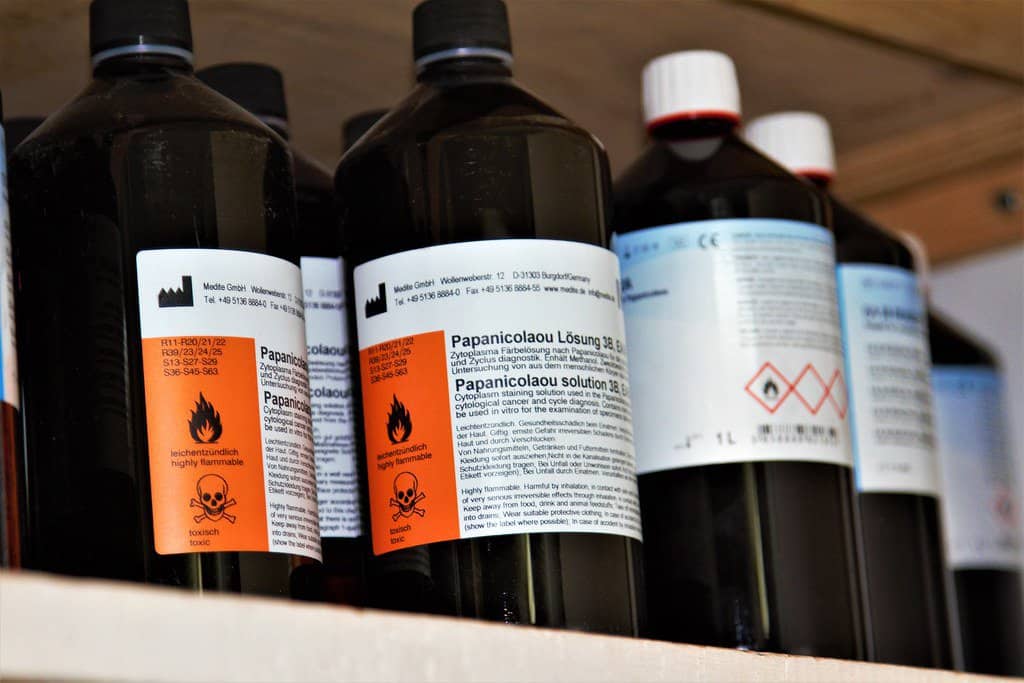
Petrol, propane tanks, paint, and certain solvents are all highly flammable. All it takes is a small spark that can create a serious fire threat, especially in a wooden shed.
For safety, these items should be stored in a storage shed designed for flammable materials. A metal shed with ventilation can provide that. Still, it must be positioned at a sufficient distance from your house or fence.
Fire dangers often come from small oversights, so don’t take the risk!
Delicate fabrics
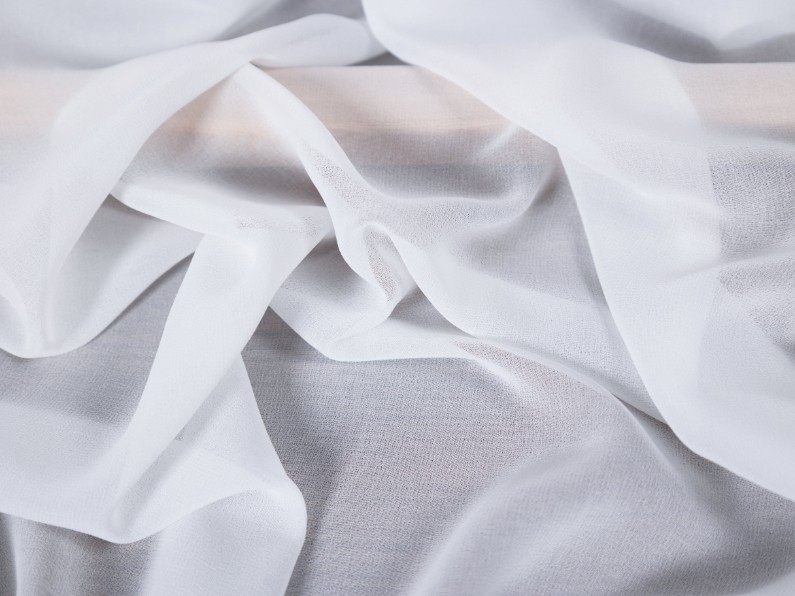
Avoid anything made from silk, lace, chiffon, satin, wool, cashmere, rayon, and velvet. Damp conditions are common and can leave them smelling musty, in addition to mould and mildew.
Temperature extremes also affect fabric quality. Heat fades colours and weakens the material, while cold leaves them stiff or brittle. Over time, they lose their shape and texture.
Can you store clothes in a shed?
What about non-delicate fabrics, you might ask? It’s possible, but not ideal. If you have no alternative, use airtight containers with moisture absorbers and avoid long-term storage. That goes not only to clothing but also to items such as bed sheets, towels, curtains, tablecloths, and similar fabrics.
Even if your shed is well ventilated and dry inside, your clothes would probably absorb an undesirable and musty ‘shed smell’ after a short period of storage. This might work for bags of clothes that you plan to donate or discard, but not for anything you’ll want to get out and wear.
Otherwise, store them in a dry, temperature-stable location indoors. For items you use often, such as towels, you can keep them in an outdoor storage box (say, near the pool) for quick grabs.
Knowing what doesn’t belong in your shed helps keep things safe and in good condition. Skip the items listed above to avoid damage, reduce fire risks, and optimise your storage space.
